Prison poultry programs are transforming more than just feeding schedules behind bars.
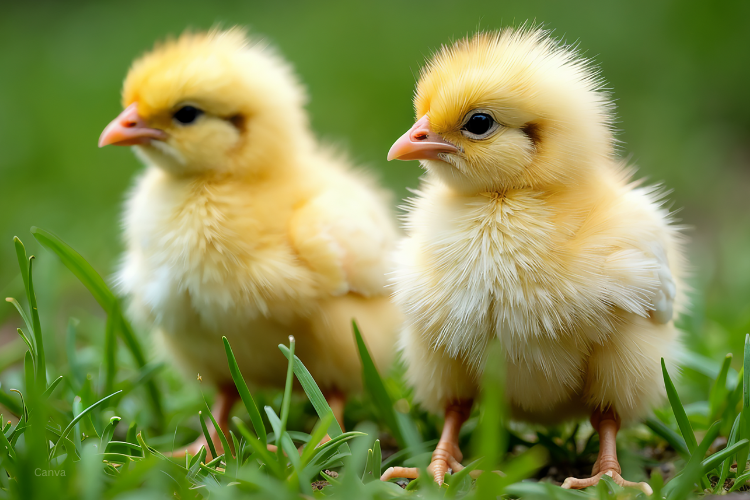
Behind concrete walls and razor wire, something extraordinary is happening that most people never hear about. Inmates across the country are discovering that caring for chickens offers them something they thought was lost forever: purpose, responsibility, and genuine hope for their futures. These feathered teachers are providing lessons that traditional rehabilitation programs often struggle to deliver, creating ripples of change that extend far beyond the prison yard.
1. Morning routines become sacred rituals worth waking up for.
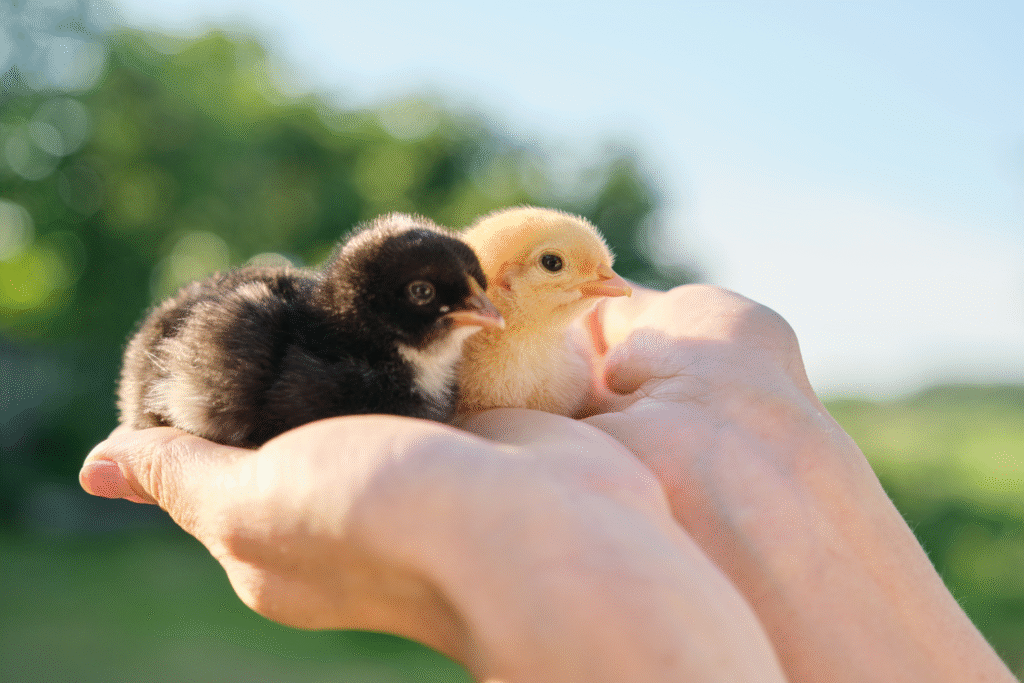
Every dawn brings a sense of purpose that many inmates haven’t felt in years. The chickens need feeding, their coops require cleaning, and eggs must be collected before the heat of the day sets in. According to research conducted by the University of California’s prison agriculture program, participants in animal care programs show 30% lower rates of disciplinary infractions compared to the general prison population.
This daily structure creates a psychological anchor that helps stabilize chaotic prison life. When someone depends on you completely, whether human or fowl, it awakens dormant parts of yourself that remember what it means to matter. The simple act of opening a coop door transforms into something sacred – a moment where you’re needed, valued, and responsible for another living being’s wellbeing.
2. Trust grows slowly between unlikely companions who share common ground.
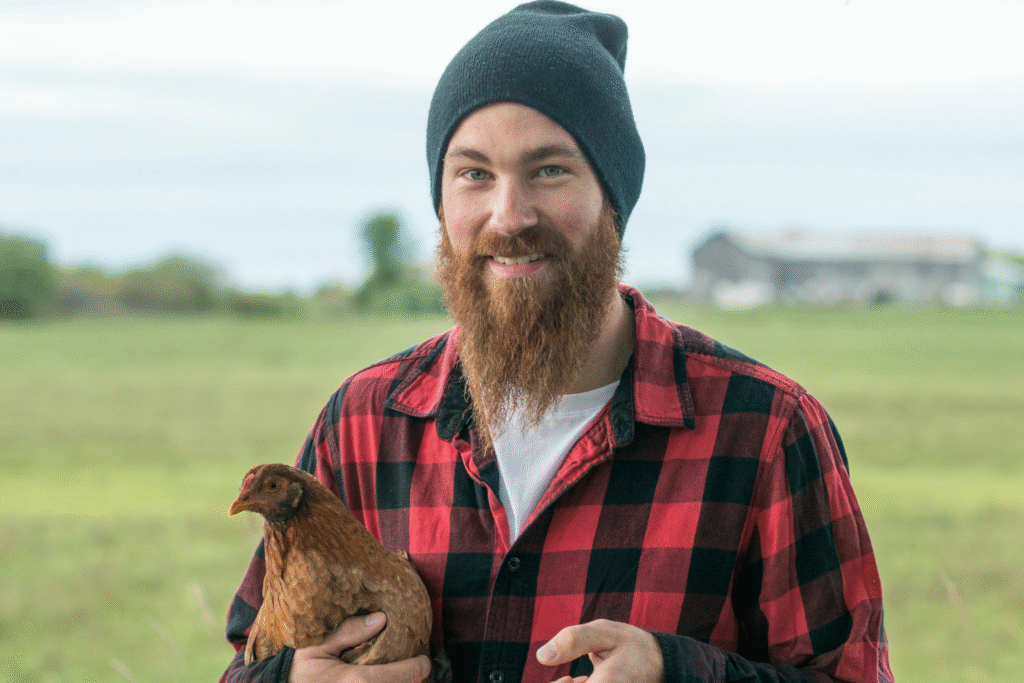
Chickens don’t judge past mistakes or care about the crimes that brought someone to prison. They respond purely to consistent care, gentle handling, and reliable presence. This unconditional acceptance becomes a bridge back to humanity that many inmates struggle to cross through traditional therapy or counseling programs, as reported by the American Correctional Association’s study on animal-assisted interventions.
Building relationships with these birds teaches patience in ways that human interactions often can’t match. A skittish hen that eventually eats from your hand represents months of consistent behavior and earned trust. These small victories accumulate into something larger – proof that change is possible, that broken relationships can heal, and that even the most damaged person can still nurture life.
3. Job skills emerge naturally through hands-on learning experiences.
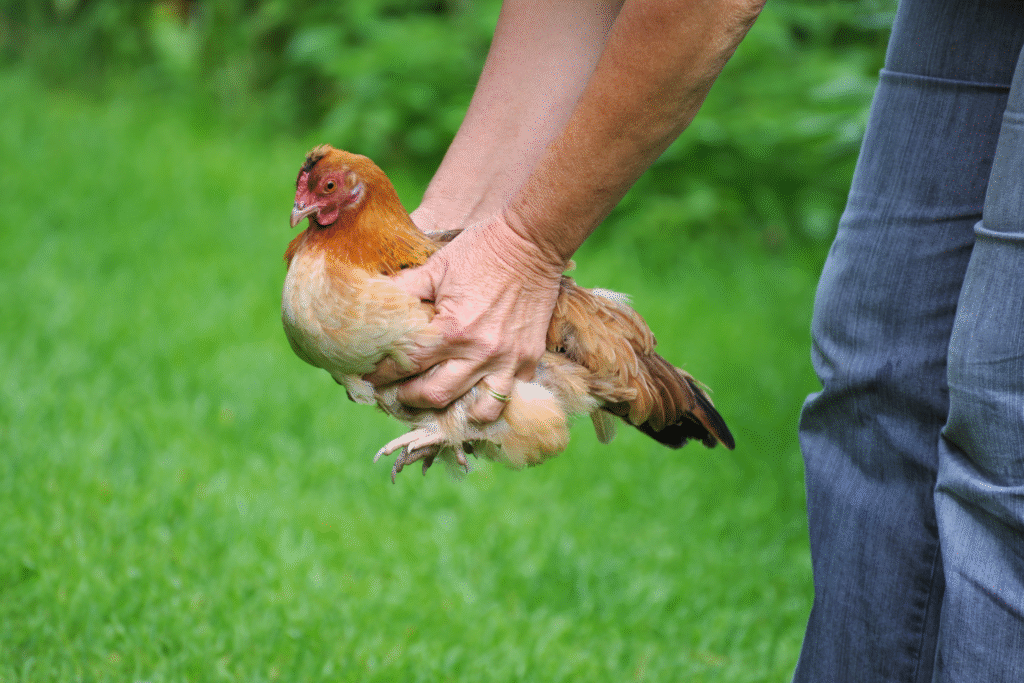
Managing a chicken coop involves far more complexity than most people realize. Inmates learn basic veterinary care, nutrition management, facility maintenance, and small business operations through daily practice rather than classroom lectures. The Colorado Department of Corrections documented that 85% of inmates who completed their poultry program found employment within six months of release, according to their 2023 recidivism study.
These practical skills transfer seamlessly to civilian life because they’re grounded in real responsibility rather than theoretical knowledge. Understanding feed conversion ratios, recognizing signs of illness, and maintaining clean facilities creates a foundation for agricultural work, pet care businesses, or even general facility management roles that await on the outside.
4. Emotional healing happens one gentle interaction at a time.
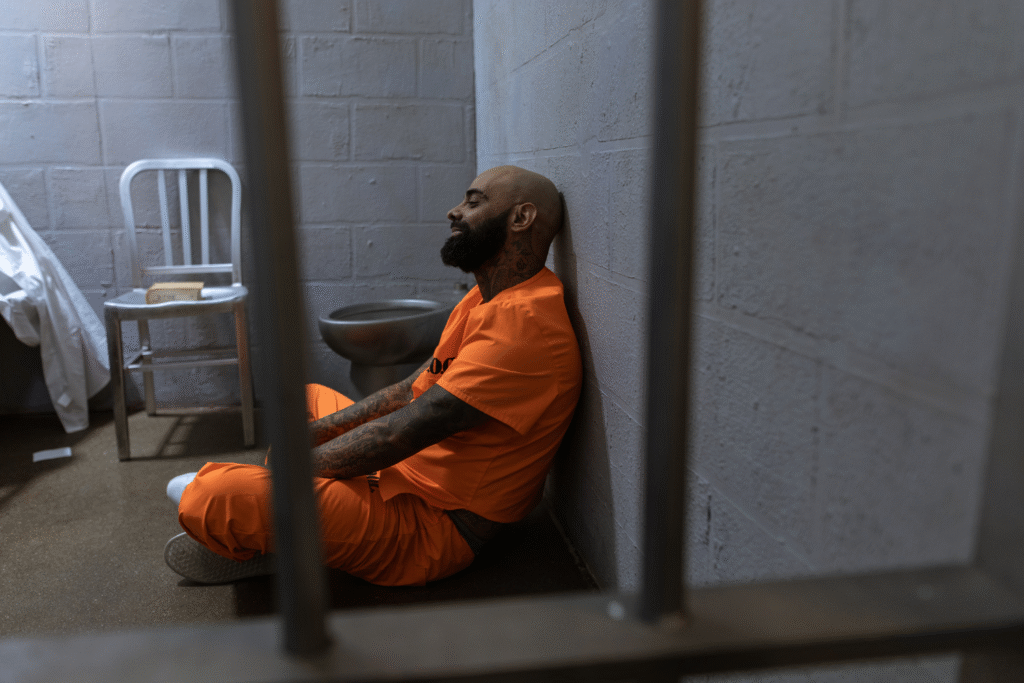
Many inmates arrive carrying decades of trauma, anger, and emotional numbness that makes traditional therapy feel impossible. Chickens offer a non-threatening way to practice empathy, gentleness, and emotional regulation without the complexity of human relationships. The soft clucking sounds and warm weight of a bird in your hands can unlock feelings that have been buried for years.
Watching a chicken recover from injury under your care creates powerful metaphors for personal healing. If this small, vulnerable creature can overcome damage and thrive again, perhaps the same possibility exists for the person providing that care. These moments of connection often become the first steps toward processing their own trauma and imagining a different future.
5. Leadership qualities surface through teaching newer participants the ropes.
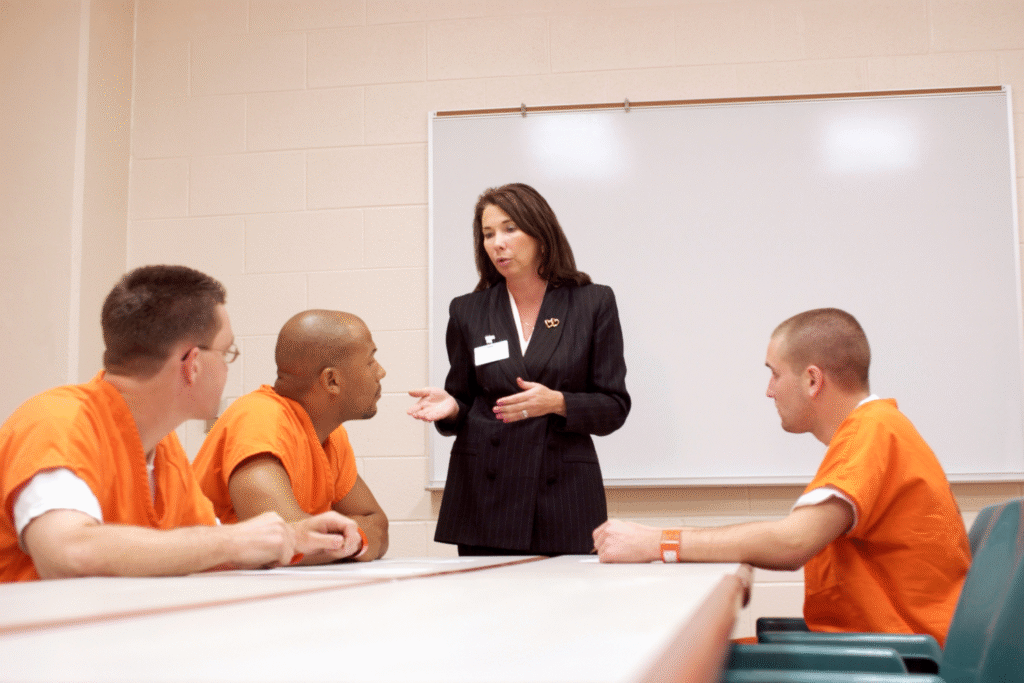
Experienced inmates naturally become mentors to those just joining the program, sharing knowledge about feed schedules, handling techniques, and coop maintenance. This peer-to-peer teaching creates positive social hierarchies based on knowledge and skill rather than intimidation or violence. Suddenly, respect comes from expertise and helpfulness rather than fear.
These teaching moments rebuild confidence in ways that traditional education programs sometimes miss. When someone seeks your advice about sick chickens or asks you to demonstrate proper handling techniques, it reinforces your value as a contributing member of a community. That feeling becomes addictive in the best possible way, motivating continued learning and growth.
6. Economic awareness develops through managing feed costs and egg production.
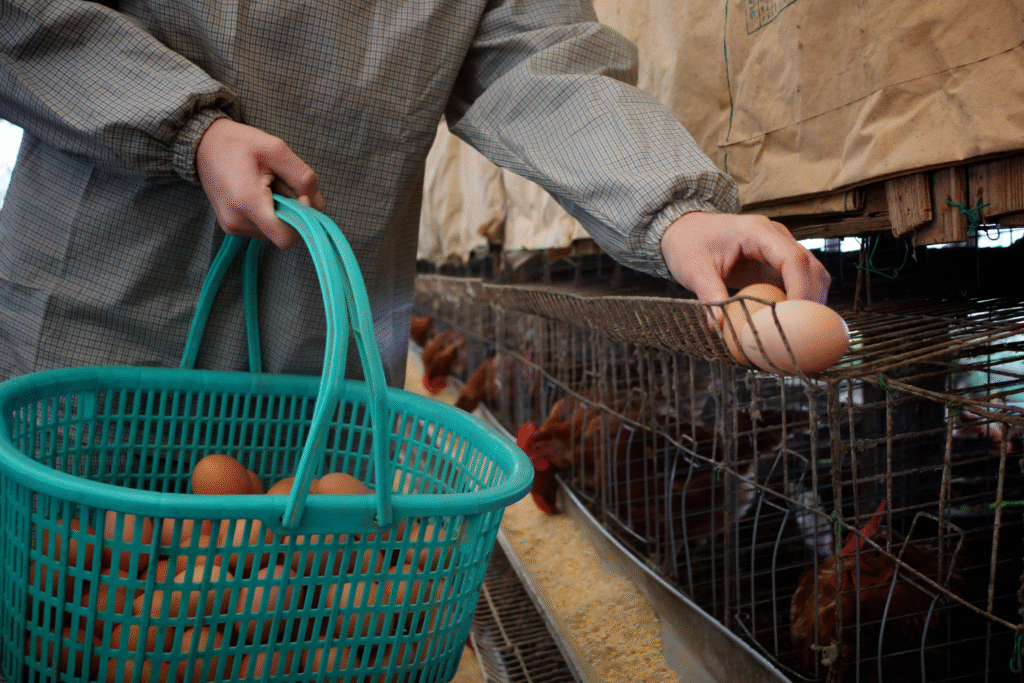
Running a successful chicken operation requires understanding profit margins, supply costs, and production efficiency. Inmates learn to calculate feed-to-egg ratios, monitor laying cycles, and identify the most cost-effective management strategies. These mathematical concepts feel relevant and immediate when tied to the wellbeing of birds under their care.
This practical economics education translates directly to post-release employment opportunities and financial literacy. Understanding how small businesses operate, how to maximize productivity while minimizing costs, and how to maintain consistent quality standards creates a foundation for entrepreneurship that many inmates never considered possible before their chicken-raising experience.
7. Responsibility extends beyond personal needs for the first time in years.
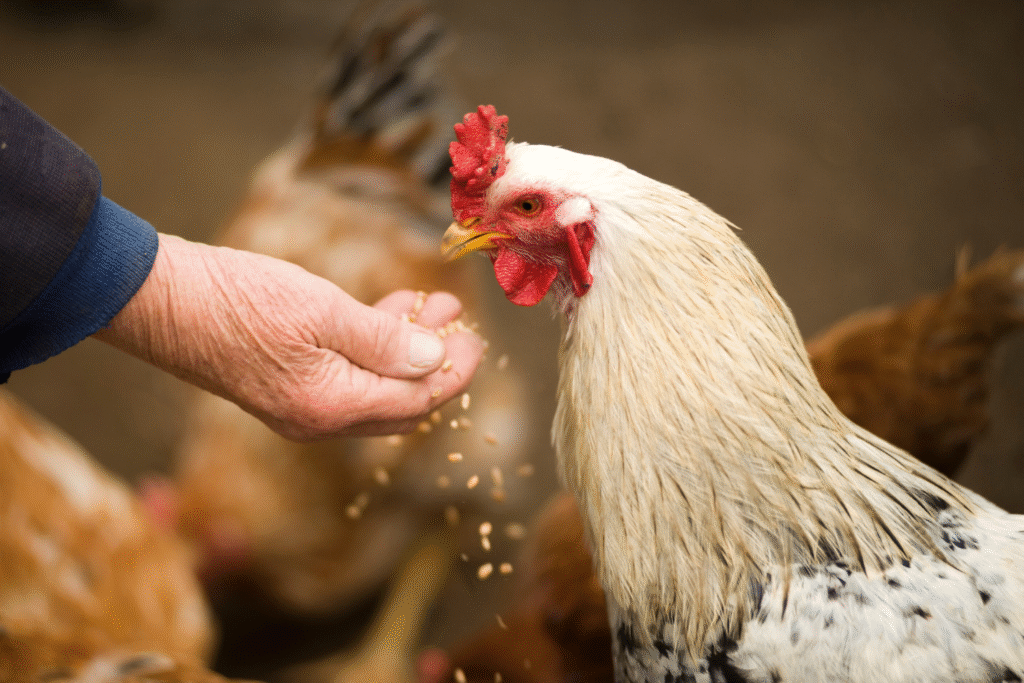
Prison life typically revolves around individual survival and following institutional rules. Caring for chickens shifts this focus outward, creating genuine responsibility for vulnerable creatures that depend entirely on consistent care. Missing a feeding or neglecting coop maintenance has immediate, visible consequences that can’t be ignored or rationalized away.
This expanded sense of responsibility often becomes the catalyst for broader personal transformation. When you’re genuinely concerned about whether your chickens are comfortable, well-fed, and healthy, you’re practicing the same mental processes required for successful relationships, parenting, and community membership. The stakes feel manageable while the lessons remain profound.
8. Seasonal rhythms reconnect inmates with natural cycles they’d forgotten.

Prison environments are deliberately divorced from natural rhythms – artificial lighting, climate control, and rigid schedules create an eternal present tense that disconnects people from the passage of time. Chickens follow seasonal patterns of laying, molting, and behavior changes that reintroduce inmates to natural cycles they may not have noticed for years.
Watching hens slow their egg production in winter, increase it in spring, and navigate the molt process creates anticipation and planning that extends beyond daily survival. This long-term thinking helps develop patience and future orientation that becomes essential for successful reintegration into society where planning ahead determines success.
9. Problem-solving skills sharpen through daily challenges and unexpected situations.
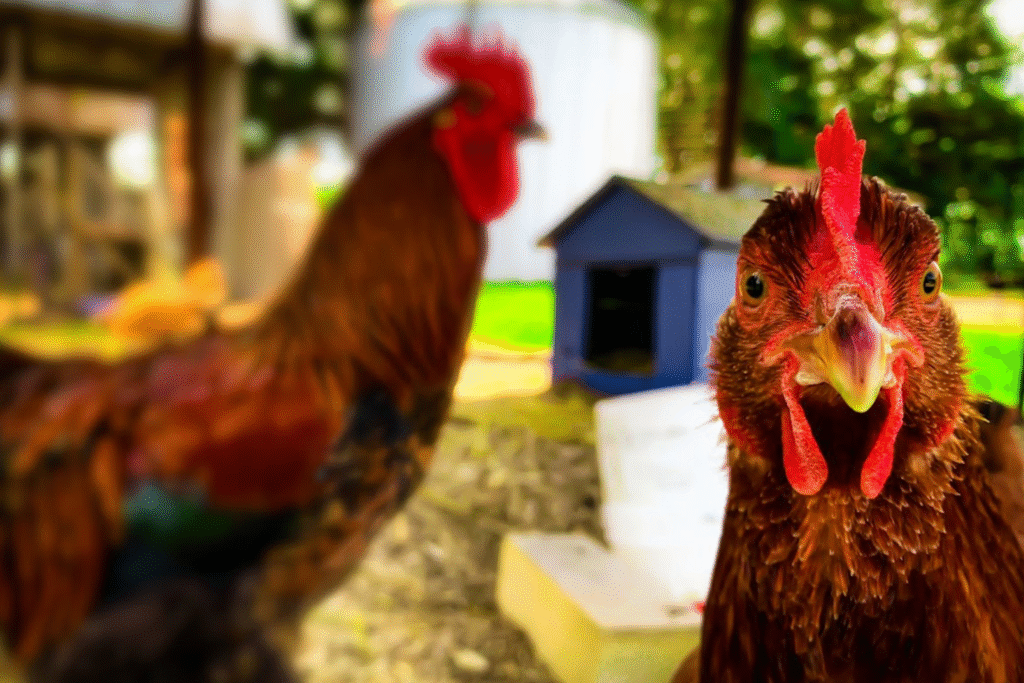
Chickens present constant puzzles – why did egg production drop, how do you treat a respiratory infection, what’s causing aggressive behavior in the flock. These challenges require observation, research, creative thinking, and practical implementation of solutions. Unlike academic problems, these issues have immediate consequences that provide clear feedback about solution effectiveness.
This hands-on problem solving builds confidence in ways that traditional education often struggles to achieve. Successfully diagnosing and treating a sick bird or resolving flock dynamics issues proves that you can analyze complex situations, develop strategies, and implement effective solutions. These experiences become proof that you’re capable of handling whatever challenges await after release.
10. Hope grows steadily through witnessing small daily miracles.
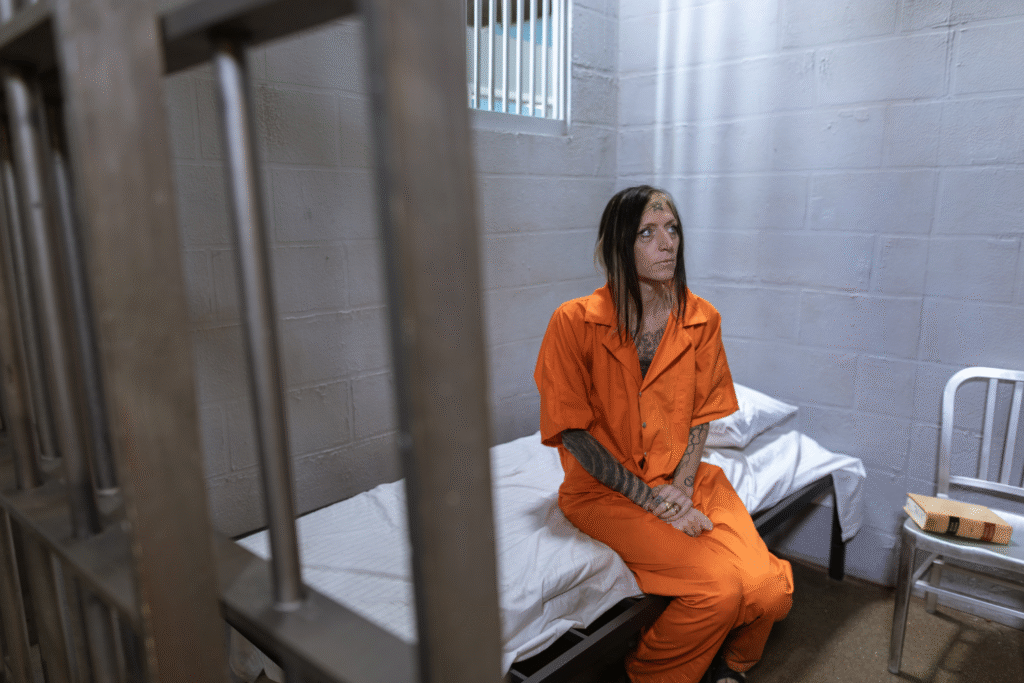
Perhaps the most powerful transformation happens gradually, almost imperceptibly, through accumulated moments of life affirming itself. Collecting warm eggs, watching chicks grow into productive hens, seeing sick birds recover under careful nursing – these experiences create a steady foundation of hope that’s grounded in reality rather than wishful thinking.
This hope becomes portable and durable because it’s earned through consistent action rather than granted through counseling sessions or motivational speeches. When you’ve successfully raised healthy chickens from vulnerable chicks to productive adults, you carry proof that nurturing, patience, and consistent care can transform something small and fragile into something strong and valuable. That knowledge changes everything about how you see yourself and your possibilities.

l5w1gy